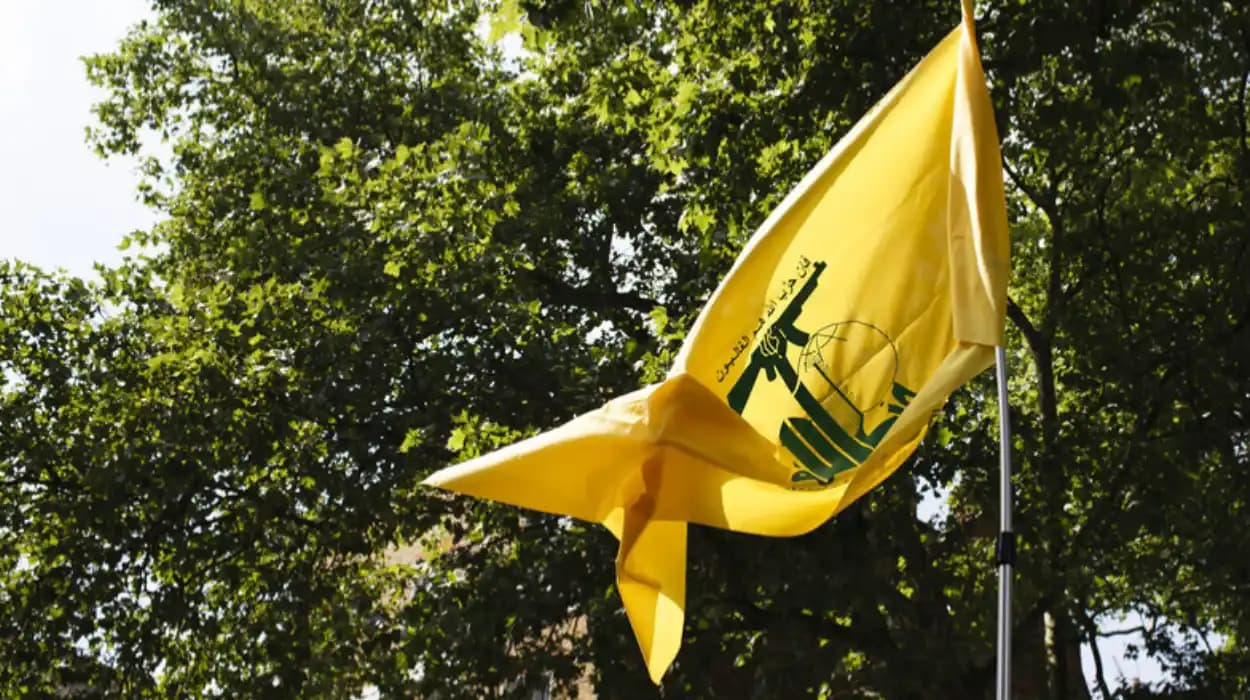Kuwait has announced new sanctions specifically targeting
the financial networks of Hezbollah, aiming to cut off the group's access to
funds and weaken its operations regionally. This move aligns Kuwait with
international efforts to counteract Hezbollah’s influence and marks a
significant escalation in economic measures against the group.
What are the details of Kuwait’s new sanctions against Hezbollah?
As reported by journalists from various international media
outlets, Kuwait has imposed sanctions aimed directly at disrupting Hezbollah's
financial activities. The Kuwaiti government announced the targeting of assets
and funding sources linked to Hezbollah, a prominent Lebanese militant and
political organisation classified by several countries as a terrorist group.
The sanctions include measures against individuals and entities
suspected of facilitating money transfers and financial support for Hezbollah’s
operations. These actions are designed to prevent the group from accessing
funds through Kuwait’s banking and financial systems, effectively blocking
critical revenue streams.
Why has Kuwait decided to sanction Hezbollah now?
According to political analysts cited in multiple reports,
Kuwait’s decision emerges amid heightened regional tensions and aligns with
broader international sanctions regimes targeting Hezbollah. Kuwait seeks to
contribute to regional stability by curbing what it perceives as destabilising
activities funded through illicit financial networks operated by Hezbollah.
Statements from Kuwaiti officials underscore their concerns
about Hezbollah's role in regional conflicts and its alleged involvement in
financing terrorism. By joining forces with other countries sanctioning
Hezbollah, Kuwait aims to assert a stronger stance against terrorism financing
and safeguard its national security.
How do these sanctions fit into the international context?
The sanctions against Hezbollah by Kuwait mirror earlier
initiatives taken by Western countries, including the United States, Canada,
and the European Union, which have been actively imposing financial and travel
restrictions on Hezbollah affiliates for over a decade.
Experts quoted in the media stress that Kuwait’s alignment
with these measures strengthens the global coalition against Hezbollah’s
financial networks. This regional cooperation reflects a unified effort to
impede Hezbollah’s ability to fund its military and political agendas,
particularly in Lebanon and Syria.
Who are the individuals or entities targeted by these sanctions?
Specific names have not been publicly disclosed by Kuwaiti
authorities, as standard practice in sensitive sanction cases. However, reports
indicate that targets include businessmen, financial companies, money
exchangers, and front organisations linked to Hezbollah’s funding apparatus.
Sources from international investigative journalism reveal
that Hezbollah’s financial operations often involve complex networks spanning
the Middle East and beyond, involving both legitimate businesses and illicit
activities such as money laundering.
What impact could these sanctions have on Hezbollah and the region?
While it is too early for definitive assessments, analysts
from regional think tanks suggest these sanctions could significantly disrupt
Hezbollah’s financial stability if enforced robustly. Cutting financial support
may limit Hezbollah’s capacity to supply its fighters and sustain its extensive
political and social infrastructure, which heavily relies on funding.
Nevertheless, some experts caution that Hezbollah has
developed resilience against sanctions through alternative financing methods
and foreign backing, particularly from Iran. Therefore, Kuwait’s sanctions
represent one part of a broader, ongoing effort that requires persistent
international cooperation and intelligence sharing.
How has Hezbollah responded to these sanctions?
There have been no immediate official statements from
Hezbollah concerning Kuwait’s latest sanctions. Historically, Hezbollah has dismissed
such measures as politically motivated and vows to maintain its operational
capabilities despite international pressure.
Journalists covering this story note that Hezbollah’s
defiance often includes continuing its financing through covert channels and
close alliances with state and non-state actors.
What do regional and international leaders say about Kuwait’s sanctions?
Reactions have been mixed but largely supportive among
countries combating terrorism financing. Officials from the Gulf Cooperation
Council (GCC) and Western governments praised Kuwait’s proactive role as a sign
of commitment to regional security.
Conversely, representatives from Iran and some Lebanese
political factions condemned the sanctions, framing them as interference in
Lebanon’s internal affairs and an attempt to undermine Hezbollah’s legitimate
political role in the country.
What are the next steps following these sanctions?
Kuwait’s government is expected to closely monitor
compliance with the sanctions and coordinate with international partners to
track Hezbollah’s financial movements. Enforcement mechanisms will include
banking restrictions, property freezes, and criminal penalties for violators.
The international community will likely continue expanding
this framework, addressing emerging financial tactics used by Hezbollah and
related groups, aiming to isolate them economically and politically.
